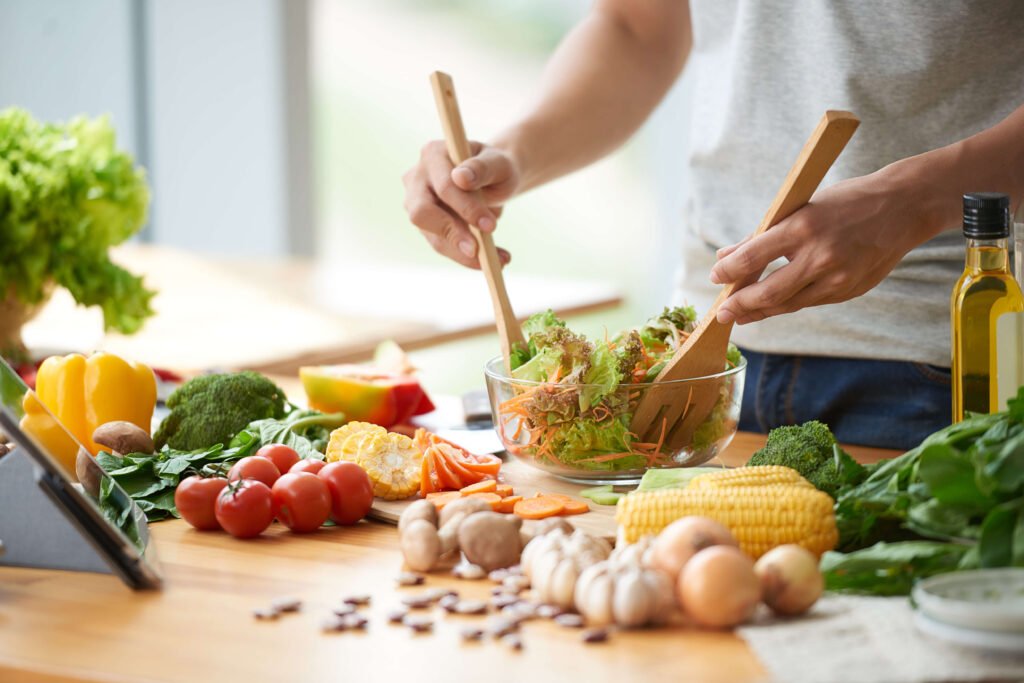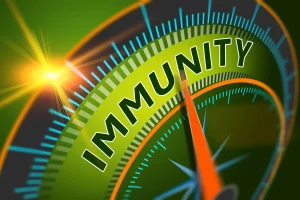Unfortunately, the answer seems to be “yes”. The nutritional value of our food varies between different types of plants and locations where they are grown. But scientific studies are finding a declining trend in food quality.
In 1993 some Spanish researchers analyzed samples from the herbarium that had been collected around the years 1750, 1850, 1940 and 1982. They found that the older plants all contained higher levels of minerals, which have lost as much as 30 % (Zinc and Copper) and even up to a 50 % of Manganese, Magnesium and Iron. The analysis techniques were not as accurate as today, the samples were mostly from trees like pine and buxus and working with dehydrated samples may have caused errors in the measurements. But the message was clear, which got the ball rolling, and scientists started to investigate possible explanations.
Carbon dioxide is a key component of photosynthesis, the process by which plants convert light energy into chemical energy. As CO2 levels rise, plants are able to absorb more of it, which can lead to faster growth and increased biomass. However, when plants absorb more CO2, they also tend to produce fewer nutrients per unit of biomass. This means that even though the plants may be growing more quickly, they become less nutritious. Studies have shown that as CO2 levels increase, the levels of essential nutrients such as protein, zinc, and iron in certain crops decrease. This is known as the “CO2 fertilization effect.”
This is a concern because it means that as CO2 levels continue to rise, the nutritional value of the food we eat could decline, leading to nutrient deficiencies with negative impacts on human health such as weakening our immune system.
Recent research is focusing on crops that are important global food sources such as rice, wheat, barley and maize. Some experiments exist in growing the crops in controlled environments with intentionally high concentrations of around 590 ppm CO2. This is estimated to be the level we will reach at the year 2050. Current concentration of CO2 is around 415 ppm. As a reference, CO2 concentrations in the atmosphere rose from 278 ppm to 348 ppm over the last 250 years.
On average, crops grown in high concentrations of CO2 contain a lesser amount of protein (10,3 %), iron (8 %), zinc (5,1 %), vitamin B1 (17,1%), vitamin B2 (16,6 %), vitamin B5 (12,7 %), vitamin B9 (30,3 %). Therefore, increasing levels of CO2 in the atmosphere are, at least partly, responsible for the decreasing quality of our food. But there are more factors involved.
Nutrient collapse is a phenomenon that occurs when the nutritional content of a food source is reduced, due to various factors, which lead to foods that are lower in essential vitamins and minerals, and can have negative impacts on human health. One of the main causes of nutrient collapse is soil depletion. Modern farming practices, such as monoculture and the heavy use of synthetic fertilizers, can deplete the soil of essential nutrients. This means that plants grown in these conditions are not able to absorb all of the nutrients they need to grow, resulting in produce that is lower in vitamins and minerals.
Another cause of nutrient collapse is the use of genetically modified crops, which are designed to be resistant to pests and diseases. These type of crops have been found to have lower nutritional content than their non-genetically modified counterparts. In addition, the use of pesticides and herbicides can harm the beneficial microorganisms in the soil, which are essential for nutrient uptake by plants. Consuming food that is lower in essential vitamins and minerals can lead to nutrient deficiencies, but they still deliver the same calories, which has negative impacts on overall health and promotes obesity.
Conclusion: nutrient collapse is a real concern and today´s food may not be as healthy as we think it is. Fresh produce is starting to look more and more like junk food, and we may very well become dependent on multivitamin and anti-oxidant supplements to stay healthy.
Dr. Sonia Van Kerckhoven
PhD in Cellular and Molecular Biology
MSc in Nutrition
Expert in Medical Genetics




